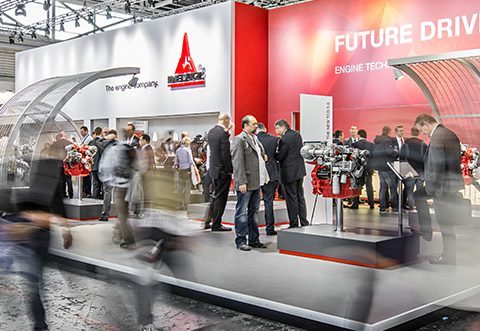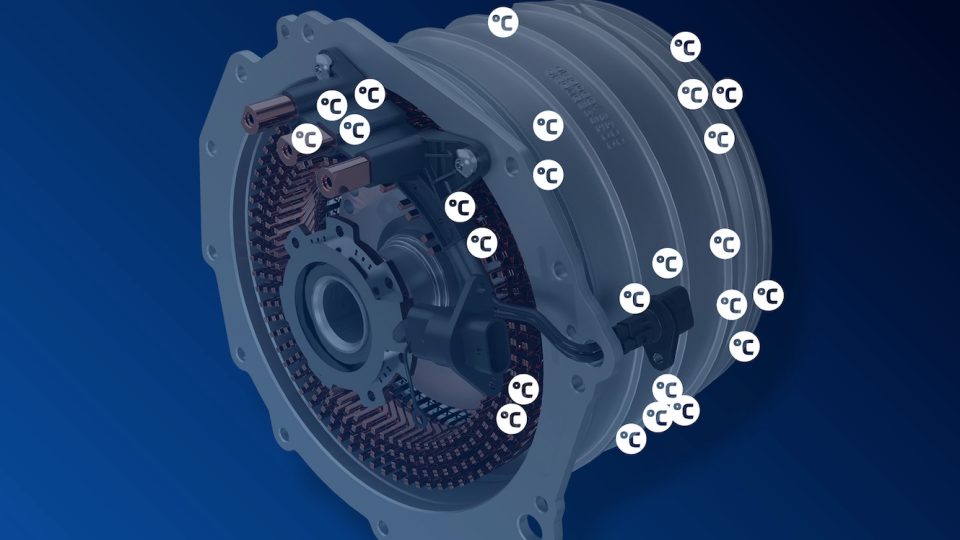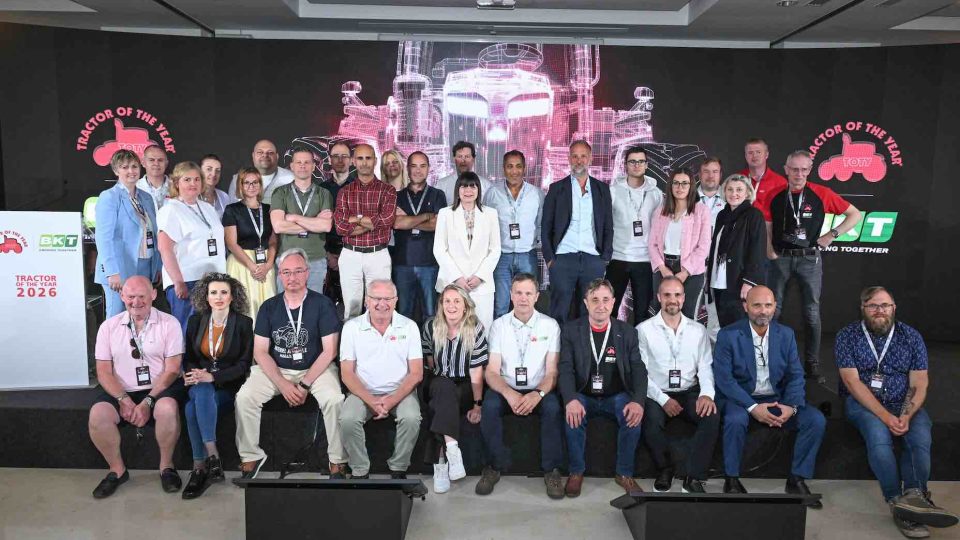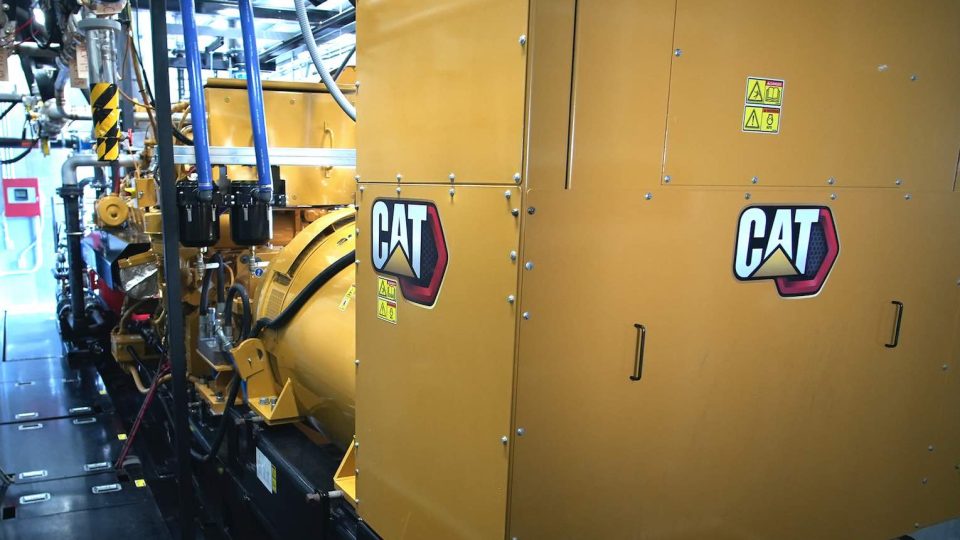Hydrogen-based technology for off-highway vehicles. DEUTZ and DLR sign agreement
The goal of DEUTZ and DLR is to develop new ideas and solutions for the operation of construction equipment and agricultural machinery using hydrogen.

DEUTZ and DLR, the German research centre for aeronautics and space, have recently signed an agreement addressed at enhancing the development of hydrogen-based powertrain solutions for off-highway vehicles. As a matter of fact, the switch to hydrogen-powered drives has the potential to make construction as well as agricultural machines more environmentally friendly by cutting their emissions to zero. The goal of DEUTZ and DLR is to develop new ideas and solutions for the operation of construction equipment and agricultural machinery using hydrogen.
DEUTZ and DLR to focus on the ‘green construction site’
The alliance between the two parties is a product of the DLR.InnovationHub, which brings together actors from the worlds of research and commerce. It fast-tracks the trialing of innovative new ideas and in doing so helps new technologies make the leap from research to application. The current focus is on the ‘green construction site’, which involves converting existing technologies used in building applications to make them low-carbon or even carbon-free. The DLR’s technology marketing team and the DEUTZ Innovation Center are coordinating the joint activities.
Besides, DEUTZ has been pushing on hydrogen technology development, as proven by the partnership set with the Cologne-based RheinEnergie, a utility provider with a clear commitment on green energy transition. Such a partnership has already generated some quite interesting results, part of which are mentioned in this post.
Back to the off-highway project, the researchers from the DLR Institute of Vehicle Concepts will initially be working with their partners at DEUTZ to scope out the necessary parameters – both technological and commercial – for making off-highway vehicles carbon-neutral. The people who operate the machinery will also be asked about their requirements, particularly with regard to vehicle data, machine variants, and load and usage profiles. The next phase of the project will see the partners compare and evaluate the different technological solutions, focusing in particular on energy logistics for selected application scenarios in agriculture and construction. The aim is to come up with solutions that will allow the vehicles used in these scenarios to be powered by hydrogen drives.
The refueling challenge
Vehicles powered by hydrogen need to be refueled more frequently than their diesel equivalents. This is because diesel has a higher energy density than hydrogen. Ideally, refueling should be integrated into the existing workflows. The DEUTZ-DLR collaboration will mainly be looking at solutions focused on this particular aspect. Mobile, intelligent, and connected fueling systems are one potential approach. This could drastically reduce the distance traveled for refueling and go some way to compensating for the additional effort in involved in planning and carrying out the refueling process. Mobile, self-driving refueling robots are another idea, and could be used when the operators take a break, for example.










